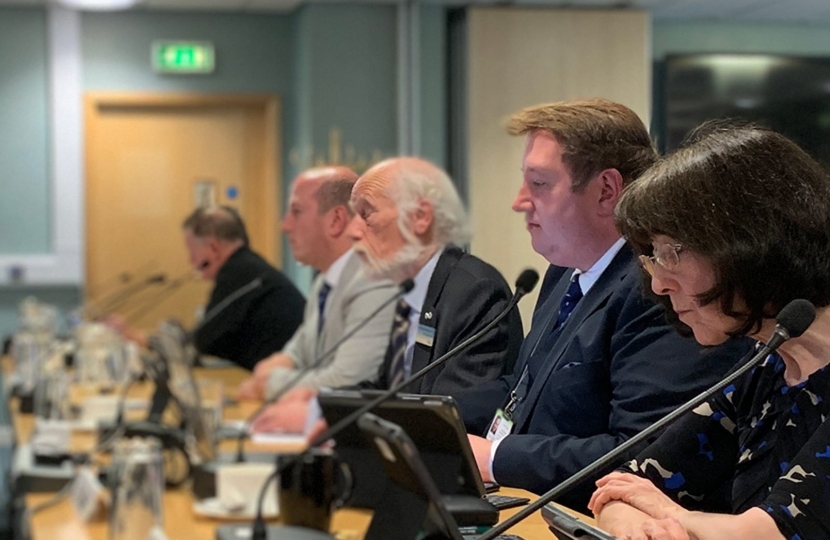West Lindsey District Council will continue to provide award winning services, improve the customers’ experience and deliver efficiencies as part of its budget commitments.
Councillors from the dominant Conservative Group together with colleagues from the Gainsborough Independent, Lincolnshire Independent and an independent councillor approved the 2020/21 Budget of £14.357m at the full Council meeting on Monday, 2nd March. The budget supports the delivery of the Administration's vision for West Lindsey to be a great place to be where people, businesses and communities can thrive and reach their potential.
Conservative Leader of West Lindsey District Council, Cllr. Giles McNeill, delivered his first budget speech since he was elected as Leader in May last year, and made some last minute amendments to include some additional spend. He said:
“We can continue to deliver award winning services, improving our customer’s experience, and delivering efficiencies. And we will have achieved this whilst keeping our Council Tax increase below inflation at 2 per cent.
“I am happy to announce that we will be setting aside money for 2020/21 to enable additional green waste collections for a one year pilot and proposed £6,000 to improve education of environmental sustainability and recycling within schools.
“Our capital programme includes investment in housing and regeneration through viable housing solutions and facilitating delivery of housing sites, achieved through successful bids of significant grant funding which in turn has encouraged private sector development partners to invest in our area.”
Cllr. McNeill said the Council is supporting improvement in the health and wellbeing of residents through the development of a new leisure centre at Market Rasen, works to the Trinity Arts Centre and supporting the delivery of a new Cinema will improve the leisure offer available. He added:
“We will be implementing modern technology which will put the customer at the centre of everything we do by improving accessibility and creating service improvements in addition to cost savings through efficiency.
“In addition we will be constructing a new centralised operational services depot which will not only save on the running costs at our existing depots but provide a fit for purpose, future proofed facility.”
The Council Tax increase of 2% for 2020/2021, this is less than the maximum increase possible of £5 (2.35%). It means a household in an average Band D property will see an annual increase in their West Lindsey bill from £213.47 in 2019/20 to £217.74. This equate to an increase of 8p per week.The charges for West Lindsey District Council’s services form part of the overall council tax bill, which also includes portions for Lincolnshire County Council, policing and in some areas, town or parish councils.
The council still faces a funding gap of over £1m up to 2024/25 due to the funding reductions enforced by central government, however, it is confident that the pro-active action being taken now will close that gap. Ian Knowles, Chief Executive of West Lindsey District Council said:
“Despite the challenging financial climate over the past 10 years we have again been able to balance our budget, continue to deliver our Corporate Plan priorities as well as setting aside reserves to support future investment.
“We have made significant progress over the past four years in terms of delivery of our Financial Strategy and our sound financial management has provided a level of resilience to any impacts of the future funding reductions and this was reflected in our recent peer challenge feedback.
“We continue to achieve Value for Money whilst protecting priority services. This is reflected by the success of the fees and charges strategy and the Commercial Plan 2015-2020 which has over achieved its £1 million target with a contribution of £1.7million, helping us to keep Council Tax low.”
An independent audit in to the council’s finances last year concluded that the council achieved ‘unqualified value for money’. This means they are satisfied that the authority has proper arrangements for securing financial resilience and challenging how it secures economy, efficiency and effectiveness.



